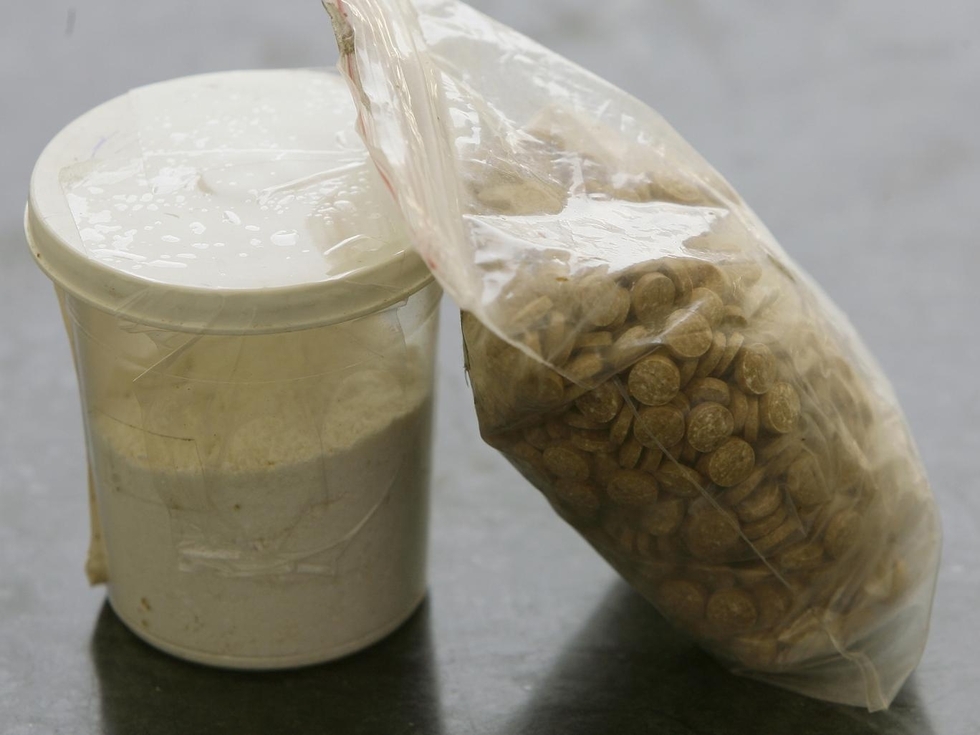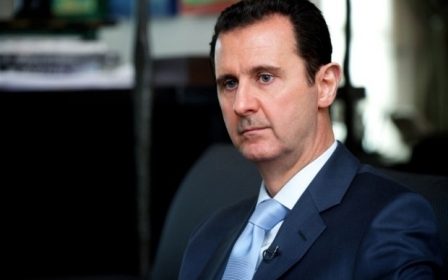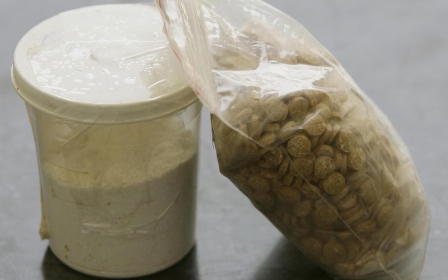Lebanon confiscates millions of Captagon pills destined for Saudi Arabia

Security forces in Lebanon and Syria have seized two separate shipments of the banned stimulant Captagon, the latest in a string of similar busts.
Lebanon's Internal Security Forces (ISF) said it had "thwarted an attempt to smuggle four million Captagon pills" hidden in a coffee shipment destined for Saudi Arabia via Jordan, in a statement on Saturday.
The pills were confiscated following raids this week on a storage facility in Bir Hassan, a neighbourhood near Beirut's southern suburbs, the ISF said on Twitter.
It said it had arrested two men behind the operation, including one who was trying to flee the country through Beirut's airport.
A video it posted online showed a man ripping open a bag of coffee stuffed with narcotic pills.
In a separate operation, Syrian authorities seized "hundreds of thousands" of Captagon pills in the southern province of Daraa, the official SANA news agency said, citing a security source.
"The drugs were to be smuggled abroad via the Jordan border," SANA said, without specifying the intended destination.
It said some arrests were made amid ongoing attempts to clamp down on remaining members of the smuggling network.
Regional issue
Captagon is one of the brand names for the amphetamine-type stimulant fenethylline and is manufactured mostly in Lebanon and Syria, for illegal recreational use - mostly in Saudi Arabia.
According to an EU-funded report by the Centre for Operational Analysis and Research, "Captagon exports from Syria reached a market value of at least $3.46bn" in 2020.
In July last year, Italy seized a record 14-tonne haul of the drug - or 84m pills - that had arrived from Syria.
Middle East Eye propose une couverture et une analyse indépendantes et incomparables du Moyen-Orient, de l’Afrique du Nord et d’autres régions du monde. Pour en savoir plus sur la reprise de ce contenu et les frais qui s’appliquent, veuillez remplir ce formulaire [en anglais]. Pour en savoir plus sur MEE, cliquez ici [en anglais].





